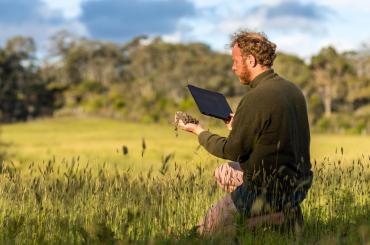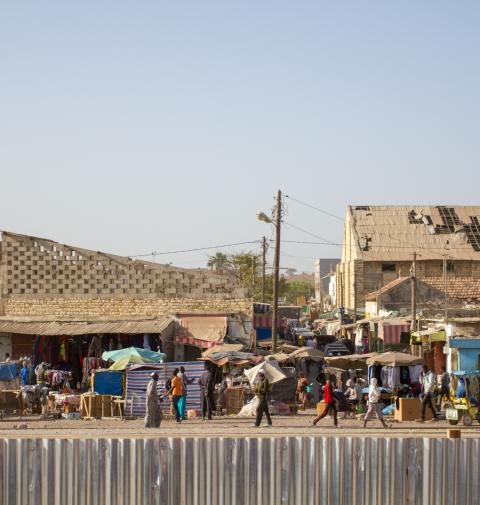
All articles
-

Designing environmental markets to incentivise conservation: Lessons from the US
How should policymakers design environmental markets when they might attract participants who were planning to conserve the environment regardless of the market?
-

People don’t realise the social stigma around HIV/AIDS is falling… So let them know!
A new experiment in Mozambique found that the social stigma attached to HIV has been falling, but people do not tend to realise it. A simple message that informed individuals of their communities’ true (low) degrees of stigma substantially increased HIV testing.
-

Financial access boosted labour market outcomes in Brazil
Access to vehicle financing in Brazil improved mobility and generated large returns (12-15% per year) through improved labour market outcomes
-

How development programmes impact fertility rates in Africa
New causal evidence shows boosting African women's income and wealth increases fertility, particularly among women without a son, suggesting that this fertility increase is a means to safeguard long-term economic security.
-

Boosting consumption in China: The effectiveness of minimum wages
Minimum wage increases in China are spent rather than saved, and are not associated with increased unemployment. In households with children, a significant portion of the additional income is allocated to healthcare and education.
-

Fear, more than hate, drives intergroup conflict in Nigeria
In the conflict between Christians and Muslims in Nigeria, fear (rather than hate) is the main driver, it is founded on misperceptions, and proves hard to change with policy.
-

The impacts of large-scale affirmative action at elite universities
Evidence from an elite university in Brazil that began reserving 45% of its admission slots for low-income and minority applicants shows that the policy increased early-career earnings for disadvantaged students, yet it also reduced the earnings of their higher-scoring peers.
-

Heatwaves ripple into the financial system
Evidence from Mexico shows that extreme heat leads to increased delinquency rates, particularly among small and medium-sized enterprises. Policy must address these risks, coupling climate resilience with enhanced credit access for vulnerable firms.
-

Helping vulnerable populations through adaptive field experiments
An adaptive field experiment aiming to integrate Syrian refugees into urban labour markets in Jordan sheds light on the effectiveness of different policies, while targeting the welfare of experimental participants.



